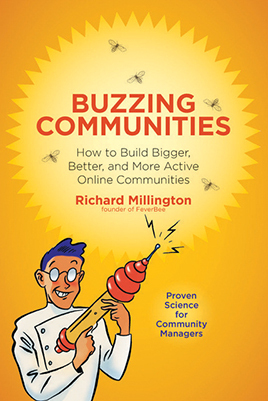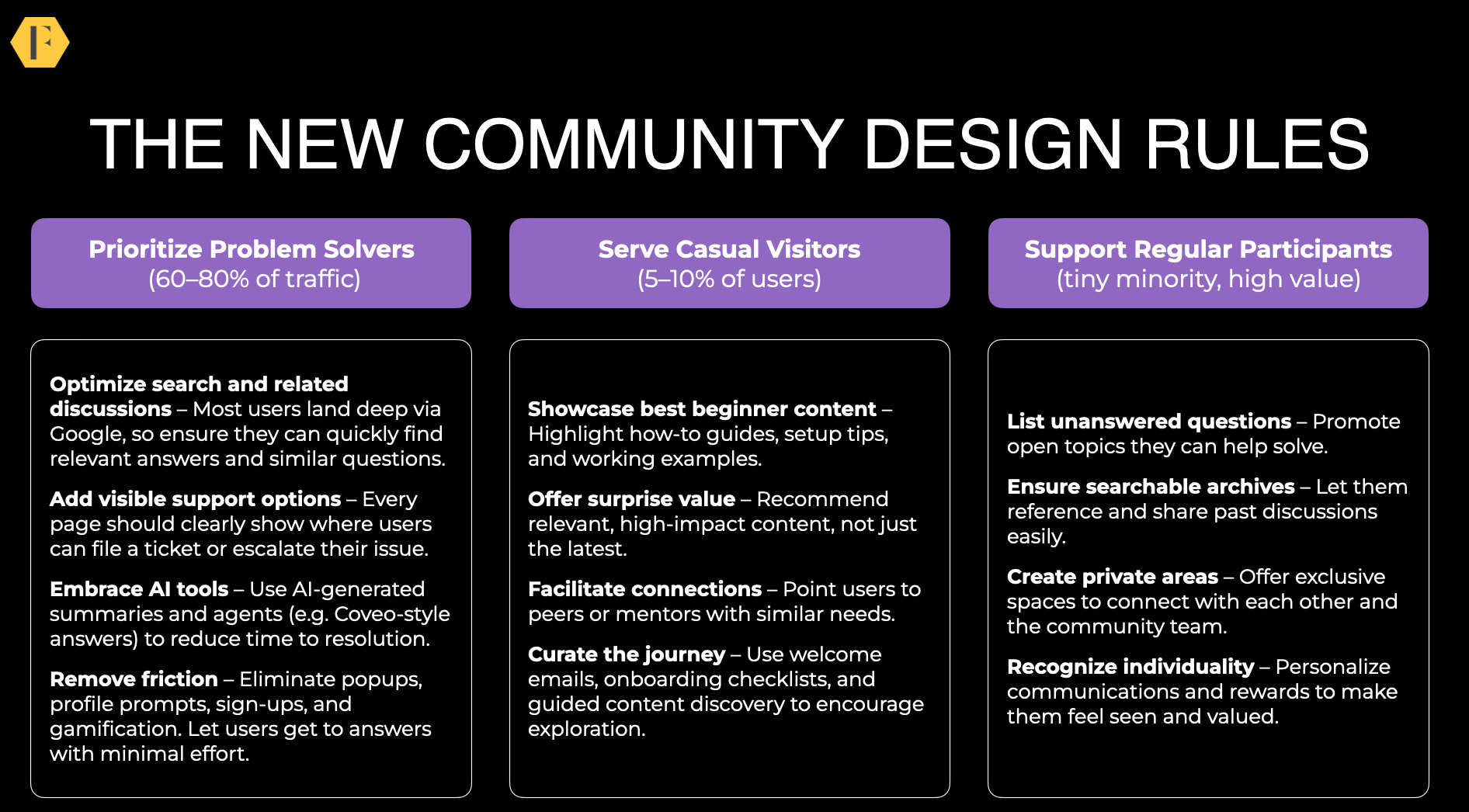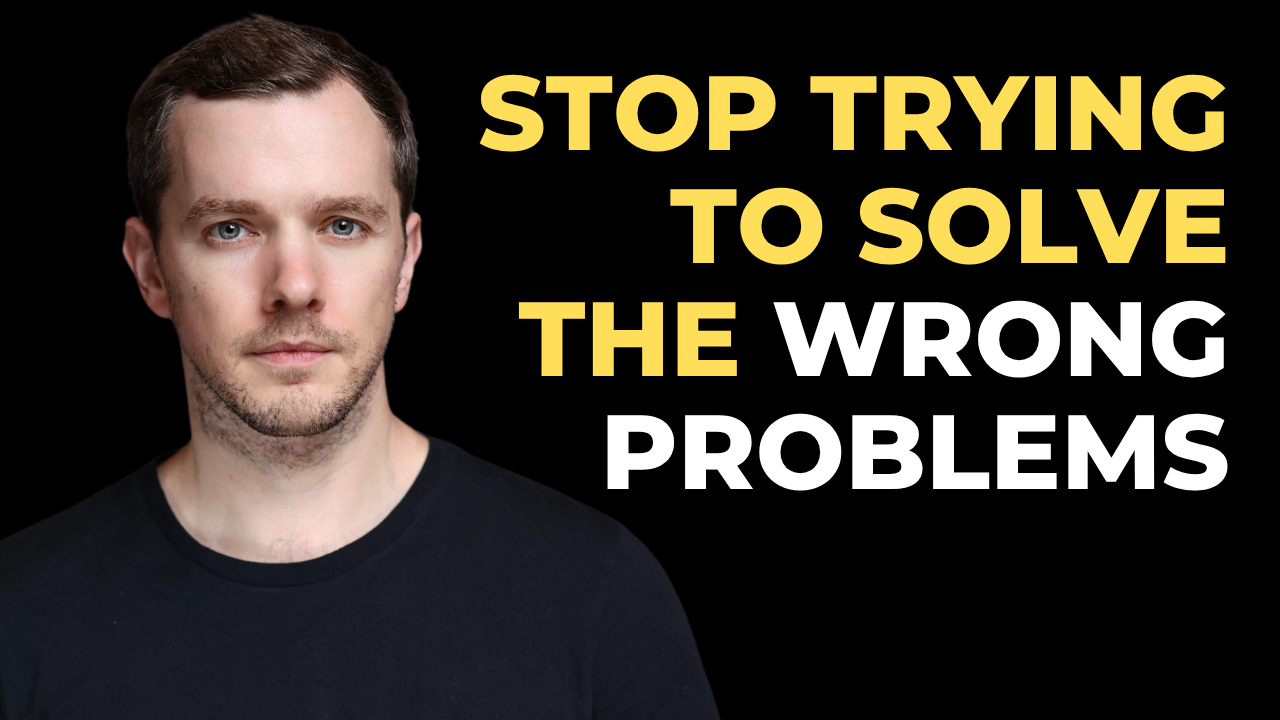The community often gets pitched to internal and external audiences in noble terms; connect, collaborate, unite etc…
More and more, we find the simplest route is to stress the time you might save.
Next time you have a problem at work you don’t know the answer to, login to our community and ask. Then move on to the next task. Check back in in a few hours and find several great solutions to choose from.













